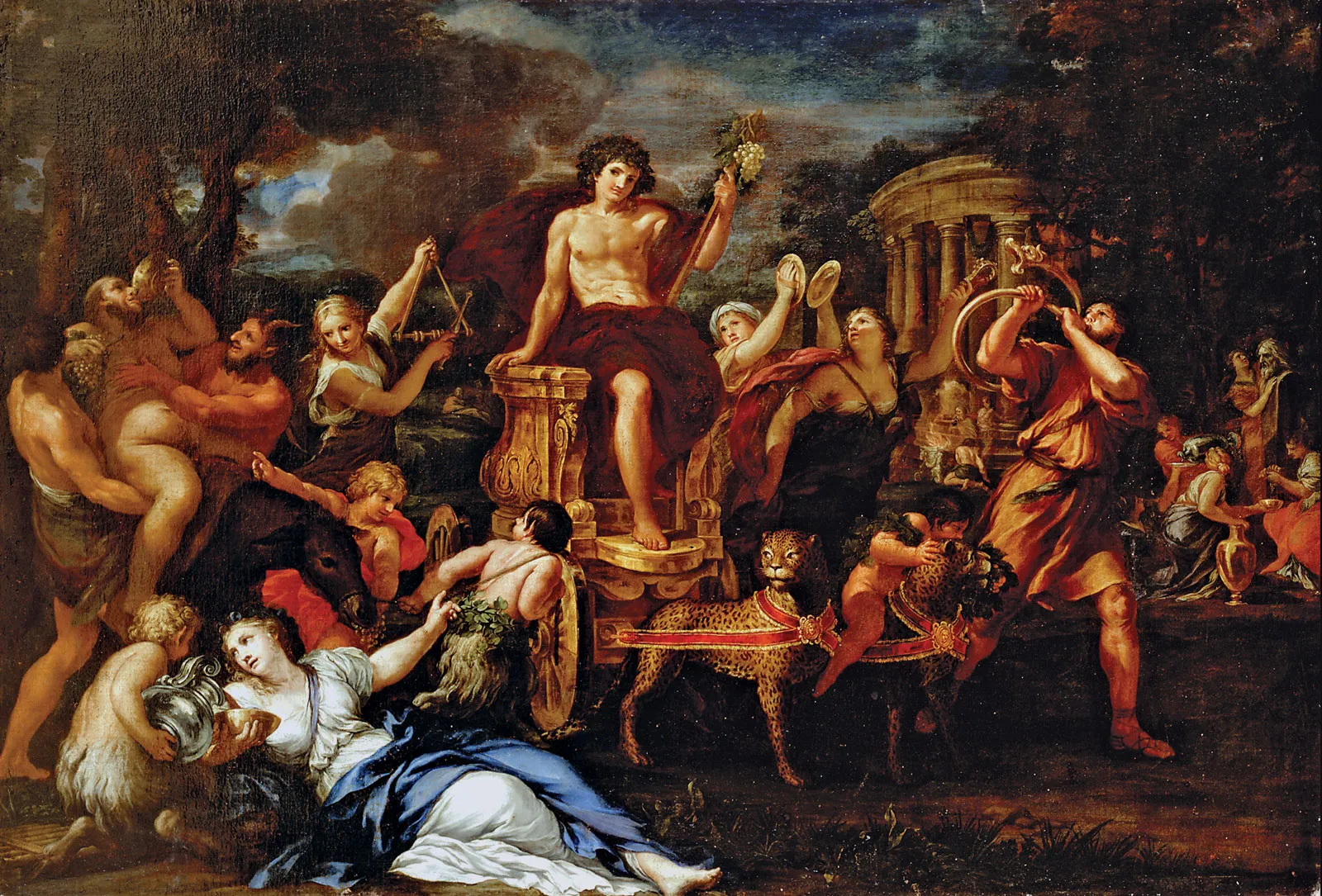The utilitarians think your moral success depends on the outward consequences of your actions. Kantians think it all depends on your inward intentions. Today we look at a different theory, one that assumes that the most important part of being moral is forming your own character. We’ll also consider why we should try to be good — should we be moral because we want to avoid the social problems that would come with people thinking we’re immoral? Or is there something intrinsically valuable about being a good person? Plato will be our guide on this, as we read more selections from The Republic. We’ll also wrestle with an important skeptical question — does modern psychology show you do not have a stable character?
We have three main learning goals for this day. You will:
- Understand why Plato thinks justice is both instrumentally and intrinsically valuable
- Understand two different reasons for pessimism about our abilities to cultivate virtue.
- Be able to defend your own interpretations of thought experiments like Plato’s “Gyges” and situationist experiments like Milgram’s “Shock Room”.
Read This:
Primary: Interactive Essay: Why Be Good? Book II of Plato’s Republic
Secondary: How Moral Are We, Really?
Do This:
Required:
- Make sure you’ve completed the “How We Argue” (ThinkerAnalytix) course up through lessons 4-5 by today’s class.
- After you’ve finished today’s reading, make sure you complete the reading quiz, which you can access through your section’s Canvas page.
Suggested: Consider and discuss with a friend — do you think most people would do bad things if they knew they could get away with it? Do you think most people are “naturally good”?























